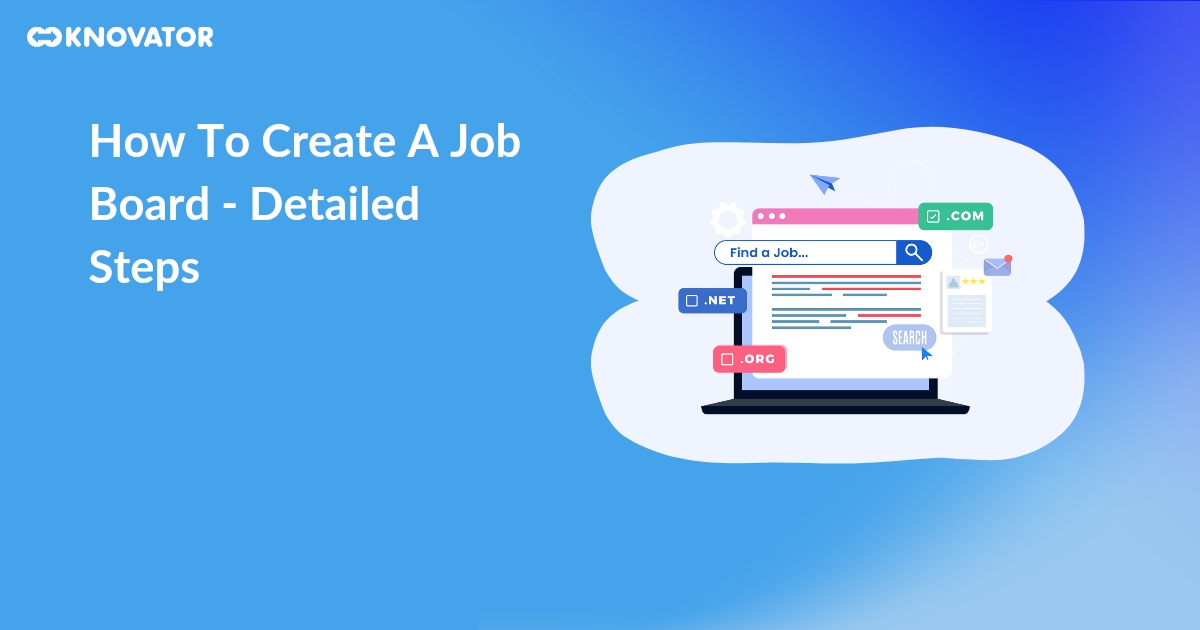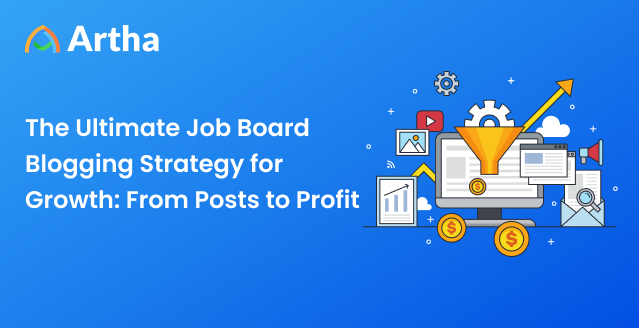The way we look for jobs and how we employ has changed completely. People no longer browse through newspapers or wait for a buddy to call with a referral. Nowadays, the go-to option to find a job or hire talent is a job board. Recruitment in 2025 is about more than just filling vacancies; it’s about remaining competitive in a fast-paced, candidate-driven world. The game’s rules are continuously evolving, with artificial intelligence and automation transforming how we source and screen applicants and the growing relevance of candidate experience and employer branding. Infact, according to the 2017 Gallup State of the American Workplace Report, 58% of candidates used job boards like Monster to search for job openings.
But where do you start? Don’t worry; there’s help. This in-depth Artha Job Board Software Guide—walks you through every stage of creating and optimizing a profitable job board, from identifying your specialty to attracting employers and candidates. By the end, you’ll have a clear roadmap to turn your job board dream into reality.
So, buckle up and get ready to dive into online recruitment!
Also Read: Why Is a Job Board Important for Job Seekers and Employers
What Are Online Job Boards?

For job seekers, it’s like having a vast library of opportunities at your fingertips. You can browse through countless listings, filtering them by your interests, skills, location, and more. Think of it as a personalized job search assistant, helping you easily find your dream career.
For employers, it’s a treasure trove of talented individuals. You can post open positions, attracting a wider pool of qualified candidates than ever before. No more sifting through endless resumes – online job boards help you find the perfect fit quickly and efficiently.
In short, online job boards are the modern-day matchmakers of the employment world. They bring the right people together, making the job search smoother and more effective for everyone involved.


 The dream of connecting people with their dream jobs and businesses with their ideal talent makes starting a job board an appealing prospect. But let’s face it, the real question on everyone’s mind is: can you actually make money?
The dream of connecting people with their dream jobs and businesses with their ideal talent makes starting a job board an appealing prospect. But let’s face it, the real question on everyone’s mind is: can you actually make money?




